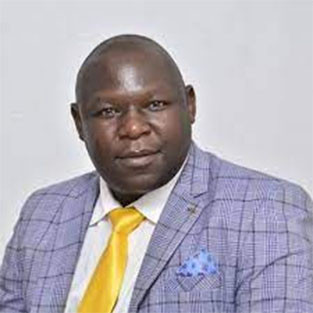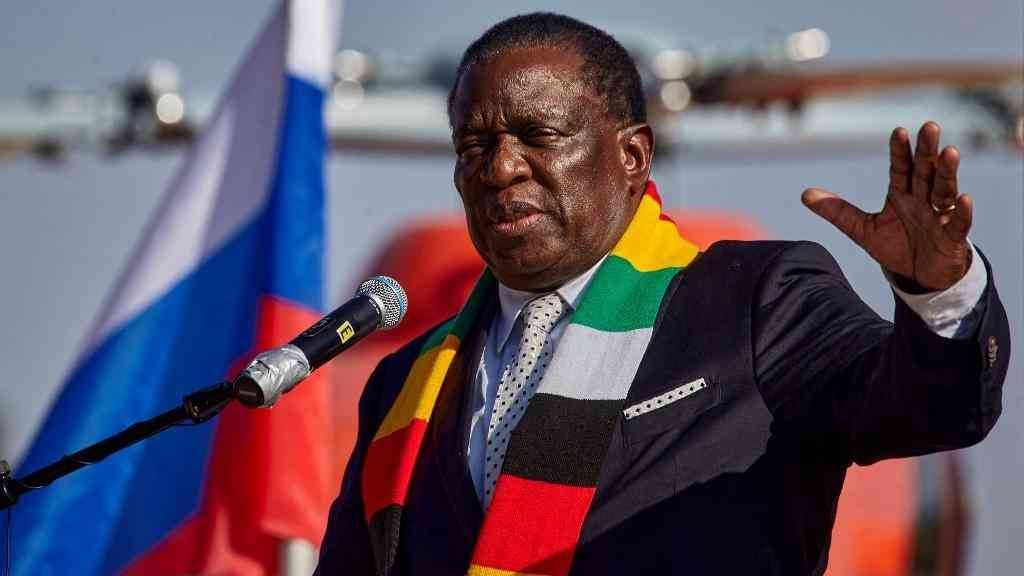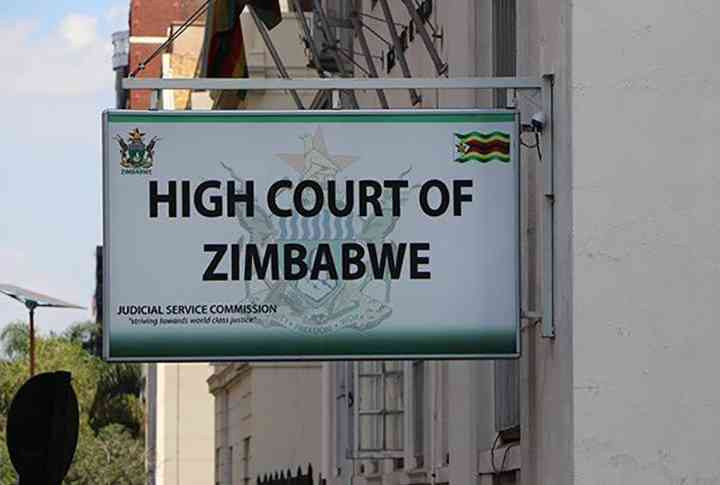
By Sindiso Dube
The newly elected Southern African Students Union (Sasu) president Alistar Pfunye says the Covid-19 pandemic, which hit the world exposed the poor education systems in the Sadc region.
Sasu represents students in the Sadc region and seeks to provide a space through which students can exercise their agents, raise and amplify their voices.
Pfunye will serve for three years as Sasu boss.
He comes in when tertiary education is periodically interrupted due to the pandemic.
“Because of the Covid pandemic the education sector in the region has been exposed that Sadc is not ready for the advanced learning methods which include e-learning,” Pfunye told Standard Style on Friday.
“As a result, it has led many students to deregister in colleges in particular those coming from the rural areas because of failure to access learning gadgets such as laptops and access to WIFI and mobile broadband data.
“The issue of privatisation of education has brought back the class struggle that Karl Max spoke about that access to higher education is only for the bourgeoisie and the elite.
- Chamisa under fire over US$120K donation
- Mavhunga puts DeMbare into Chibuku quarterfinals
- Pension funds bet on Cabora Bassa oilfields
- Councils defy govt fire tender directive
Keep Reading
“Of late there is a rise in the number of gender-based violence cases in tertiary institutions, the female student is always the victim from both male counterparts and lecturers.
“There is also poor budget allocation from Sadc governments towards the education sector and key players in the education sector such as the lecturers, university administrators and teachers are poorly paid in some Sadc countries.”
Pfunye is expected to provide political direction of the organisation and formulate strategy to the betterment of the student.
“The new post I hold now means reunifying the collective voices of young people and students in particular, championing and defending academic freedoms and opening up opportunities that both students and young people can benefit from,” he said.
“It’s an opportunity that will provide platforms for students to participate in policy formation and safeguard the intellectual interests of young people in Sadc and advance a decolonial agenda for regional education systems.”
Pfunye rose from provincial chair ranks of the Zimbabwe Students Union to national president then later joined Sasu in 2017, before he became the deputy president.
Pfunye is based in South Africa after he left Zimbabwe because of alleged political persecution by the government.









